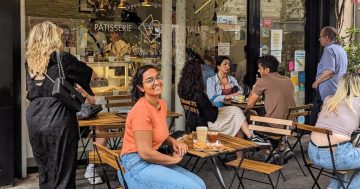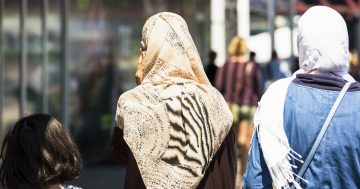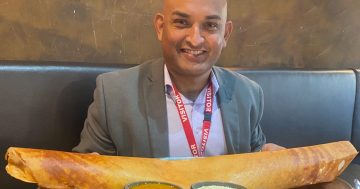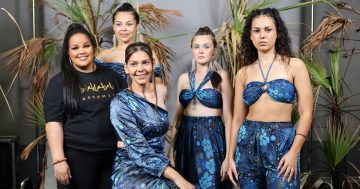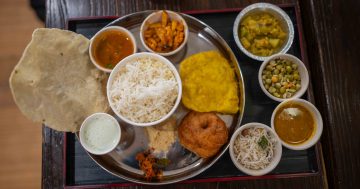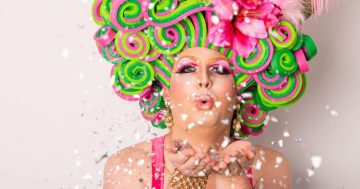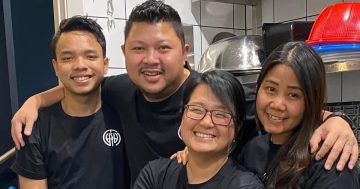
In a country as diverse as Australia, is it OK to ask where someone’s really from? Photo: Sharon McCutcheon.
Year in Review: Region Media is revisiting some of the best Opinion articles of 2022. Here’s what got you talking, got you angry and got you thinking in 2022. Today, Zoya Patel explains why asking where someone is ‘from’ can reinforce stereotypes of what an Australian looks like.
At family dinner this past weekend, a relatively heated discussion occurred about whether or not it was appropriate to describe someone by their ethnicity. The table was divided.
One sister said that she could see nothing wrong with referencing someone’s cultural background (ie, “Charlie is over there – he’s the Sudanese man”), but another sister and I felt it wasn’t appropriate (why can’t we say, “Charlie is the tall guy in the black t-shirt” instead?)
The crux of our difference was around how being described by our race has made us feel over the years.
My family came to Australia when I was three. My sister, the one on the affirmative side of the debate, has always felt a very strong sense of connection with our culture and birthplace, whereas I’ve always felt culturally confused, not quite Indian and not quite Australian. Having people reference my skin colour, ask where I’m from, and describe me as Indian and not Australian felt alienating when I was younger.
On the flip side, I’m not ashamed of being Indian, and it is a reasonable descriptor in the sense that I do, indeed, look Indian. Logically, I don’t actually have a problem with someone referring to my race in describing me.
The fact is that our reactions to our race being discussed or referred to are based not only on the immediate incident at hand, but also on the years of racism we’ve experienced since coming to Australia.
When someone calls me ‘that Indian girl’, it echoes the taunts of kids in primary school who wouldn’t allow me to play with them because I was brown (like poo, to be exact), or who made fun of Indian culture and accused me of smelling like curry.
I once worked at a doctor’s surgery as a receptionist and an Indian doctor joined the practice. Patients complained about having to see her, and referred to her as ‘the dark one’ (to which I liked to reply that she wasn’t Voldemort), and one patient complained after seeing her and coming back to find me at the reception that the practice was becoming an ‘Indian practice’, and he didn’t like that.
Similarly, being asked where we’re from echoes the shouts we’ve endured repeatedly to ‘go back to where you came from’. When someone asks me where I’m from, I used to tense up immediately, and often I’d respond with ‘Canberra’, hoping they’d get the message (they never did). This is a reaction many of my friends from different cultural backgrounds also have. Being asked where we’re from can sometimes feel like we’re actually being asked why we’re brown.
These days, I’ve been reassessing my frustration with this question. The reality is, most people who ask me where I’m from are genuinely interested. Even if they are reinforcing the misconception that people who look like me aren’t ‘from’ Australia, it’s unlikely they see it that way. In fact, a lot of the people who ask me where I’m from are other South Asians, and in all likelihood, they’re asking because they’re seeking a sense of solidarity and connection from me – someone who looks like them.
Perhaps it’s less about whether or not you ask the question and more about how you take the response. I’ve had people ask me where I’m really from when I’ve offered my ‘Canberra’ response, and that annoys me no end.
What I’d love is if people asked me, ‘What’s your cultural background?’, which is both more meaningful and more accurate. Do other culturally diverse Canberrans feel the same?












